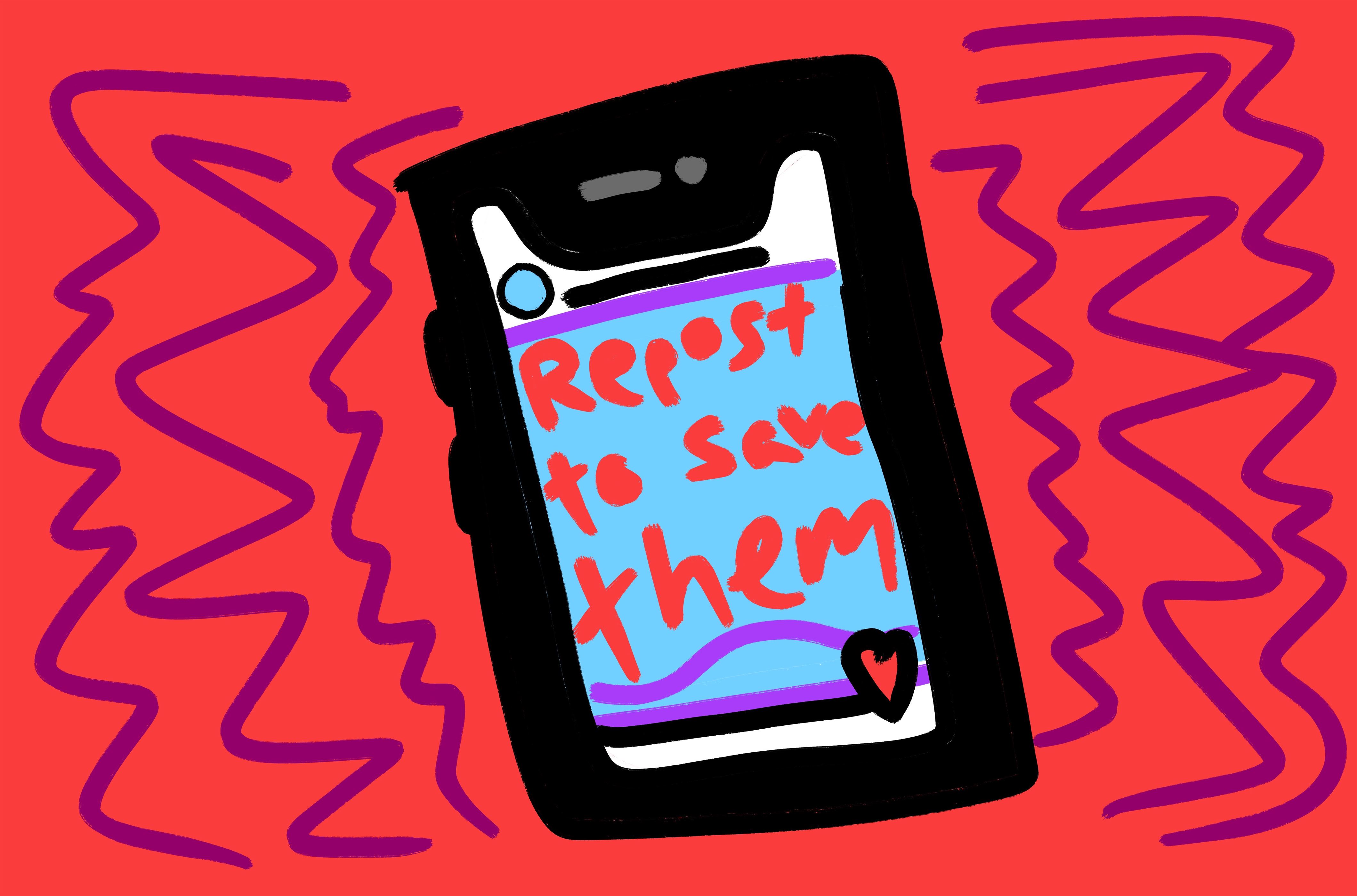Activism is a necessary factor in the progress of social and political movements. There are several ways we can participate in it, including social media, which can be an effective and valuable tool for change.
However, when a user’s intentions are misguided, this tool can be harmful and counterproductive. With the popularity of social and political movements on platforms such as Instagram and Facebook, it can be difficult to decipher whether one’s motives are fueled by a wish to enact change or for purposes of performativity.
Many users can attest to posting something because they saw others post it. It can make people feel good to join in the “activism” when much of what is done is for performance purposes.
We lose sight of the issue by giving the impression that we are activists. This superficial activism is the root of many social media trends. For instance, the black square.
During the peak of the Black Lives Matter movement after the murder of George Floyd, many Instagram users posted a black square to their feeds to signify solidarity. It became a symbol of allyship but, in reality, it was a symbol for achieving an activist-like appearance.
Many people who posted these squares had no genuine desire to support police reform, but in fear of looking bad posted a meaningless black square. This is the essence of performative activism. Posts like the black square no longer address the problem, and they morph into an unsettling trend that distorts the cause at its core.
Before we post something, we must ask ourselves, are we doing anything to encourage change? When we blindly repost without the intention to encourage change, we suggest that it is for our reputation and appearance rather than to be socially active and allied to the movement we are posting about.
Misinformation is the primary issue with performative activism on social media, and with the power of advanced technology, it can spread across platforms like wildfire. Since people are more concerned with their image than the message behind the post, they often fail to research and confirm that what they are reposting comes from a credible and reliable source.
We are acutely aware of many American adults who are impressionable beyond belief. Impressionism causes people to believe what they read without questioning the facts. So when performative activism reaches these people, it has the potential to cause significant damage at the expense of the movement.
In particular, the pro-choice and pro-life movements have been subjected to a plethora of misinformation and disinformation on social media, ultimately weakening both movements.
After the overturning of Roe v. Wade, at least 13 states have banned most abortions. In an era where many people’s reproductive rights have been stripped away, it is vital that we are aware of what we post. According to PBS News, “Pro-choice activists and people who believe in the right to federally protected abortion have turned to social media to try and spread tips for people on how to access abortion safely when in reality, it’s not actually always safe methods that they’re promoting.”
When social media users lack caution with what they are posting it grants the opposition an opportunity to discredit the movement and implies that activists have been careless with the information they spread. Due to performativity, dangerous information may be dispersed to social media, creating a cycle of incorrect information.
This is not to say that social media is a harmful way to raise awareness. It provides a platform for people who may not be physically able to participate in activism, such as sit-ins, rallies and marches. Busy parents, people with demanding jobs and people with disabilities can use social media to participate, which makes it a crucial instrument in social movements.
Therefore, we must be mindful about what we post and avoid posting from a place of performativity, which can spread misinformation and be counterproductive to the movement at hand.
It is necessary to take the time to research what we are posting about, assure its credibility and work to spark real change in a country where human protection and rights are at stake.



